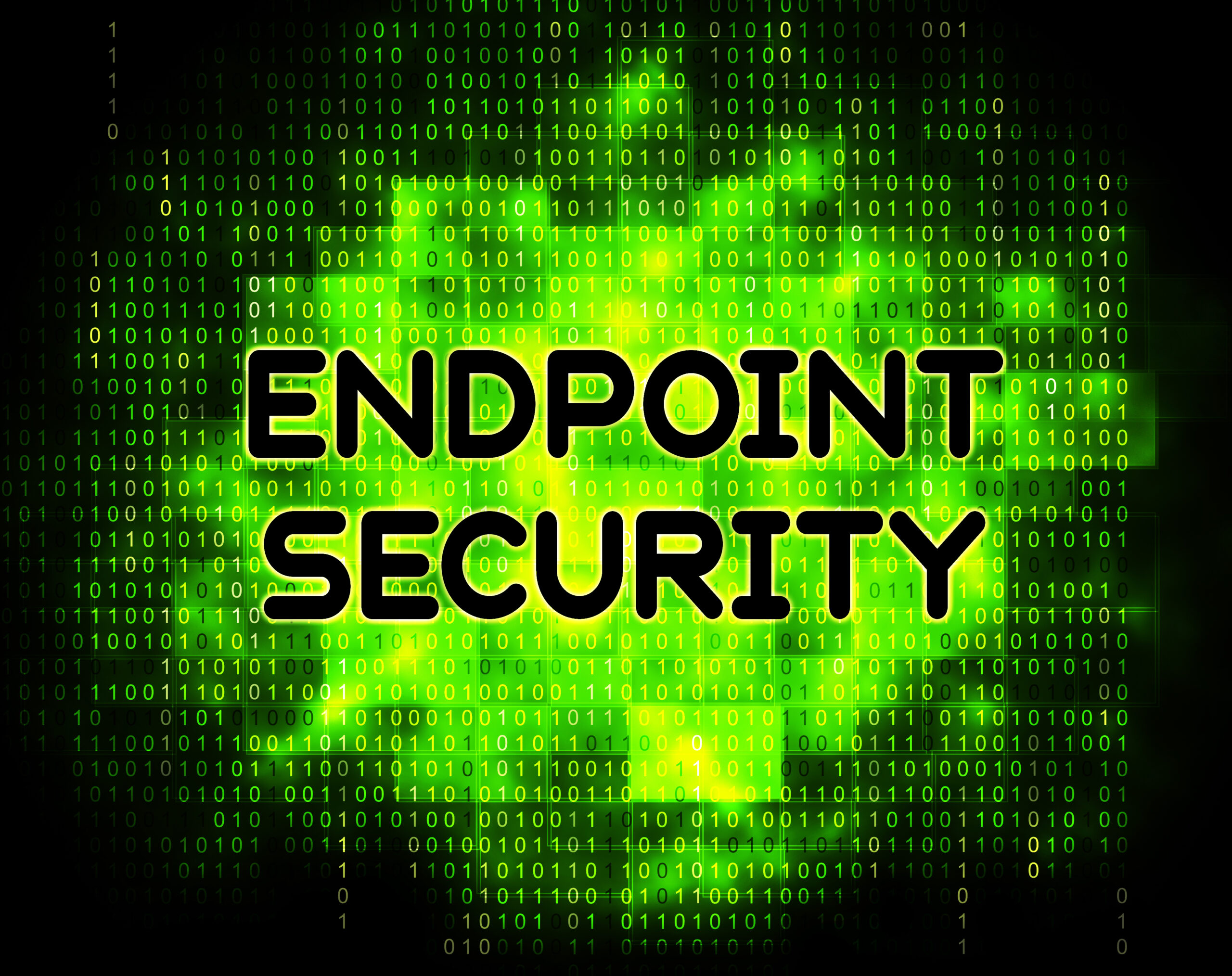Next Generation Anti-Virus (EDR), which stands for Endpoint Detection and Response, is considered a must in today’s cybersecurity landscape for several reasons:
- Advanced Threat Detection: Next Generation Anti-Virus solutions employ advanced techniques to detect and block malware. Traditional antivirus solutions primarily rely on signature-based detection, where they compare files and programs against a database of known malware signatures. However, cybercriminals constantly create new and sophisticated malware variants that can easily bypass signature-based detection. EDR solutions utilize a range of advanced technologies such as behavior monitoring, machine learning, artificial intelligence, and heuristics. These techniques enable them to analyze file behavior, network connections, system processes, and other indicators of compromise to identify both known and unknown threats.
- Real-Time Incident Response: EDR solutions provide real-time monitoring and response capabilities for endpoints across an organization’s network. They collect and analyze endpoint data to detect security incidents as they happen. By continuously monitoring for suspicious activities, EDR can quickly alert security teams to potential threats, allowing for immediate investigation and response. Real-time incident response capabilities are crucial in minimizing the impact of a security breach and preventing further damage to systems and data.
- Endpoint Visibility: EDR solutions offer comprehensive visibility into endpoints within an organization’s network. This visibility encompasses desktops, laptops, servers, and mobile devices. EDR tools continuously collect and analyze endpoint data, providing security teams with valuable insights into system and user activities. With this visibility, security professionals can monitor and track endpoints, identify vulnerabilities, and detect potential threats. Endpoint visibility enables proactive threat hunting and helps organizations stay one step ahead of cyberattacks.
- Threat Hunting: EDR solutions often include threat hunting capabilities, allowing security analysts to actively search for signs of compromise or indicators of advanced persistent threats (APTs). Threat hunting involves proactively looking for suspicious activities or traces of malicious behavior that may have evaded traditional security defenses. EDR solutions provide the necessary tools and data to conduct comprehensive investigations, analyze system logs, track attacker movements, and identify potential risks that may go undetected otherwise. Threat hunting empowers organizations to take a proactive approach to security, allowing them to discover and address threats before they cause significant damage.
- Rapid Incident Response and Remediation: In the event of a security incident, EDR solutions enable security teams to respond rapidly and effectively. They provide the ability to remotely isolate compromised endpoints, block malicious processes, and quarantine suspicious files. EDR tools also offer automated response capabilities, allowing security teams to take immediate action to contain threats and prevent their spread across the network. Rapid incident response and remediation help organizations minimize the impact of a security incident, reduce downtime, and prevent further compromise of systems and data.
- Compliance Requirements: Many industries have strict compliance requirements related to data security, such as the Payment Card Industry Data Security Standard (PCI DSS) or the Health Insurance Portability and Accountability Act (HIPAA). Next Generation Anti-Virus (EDR) solutions provide enhanced security capabilities that help organizations meet these regulatory obligations. The advanced threat detection, incident response, and visibility features of EDR can assist in identifying and addressing potential vulnerabilities, protecting sensitive data, and demonstrating compliance with industry regulations.
In summary, Next Generation Anti-Virus (EDR) solutions are essential because they go beyond traditional antivirus by providing advanced threat detection capabilities, real-time incident response, enhanced visibility into endpoints, proactive threat hunting, and rapid incident response and remediation. By leveraging these features, organizations can strengthen their security defenses, detect and respond to threats more effectively, and maintain compliance with industry regulations.






